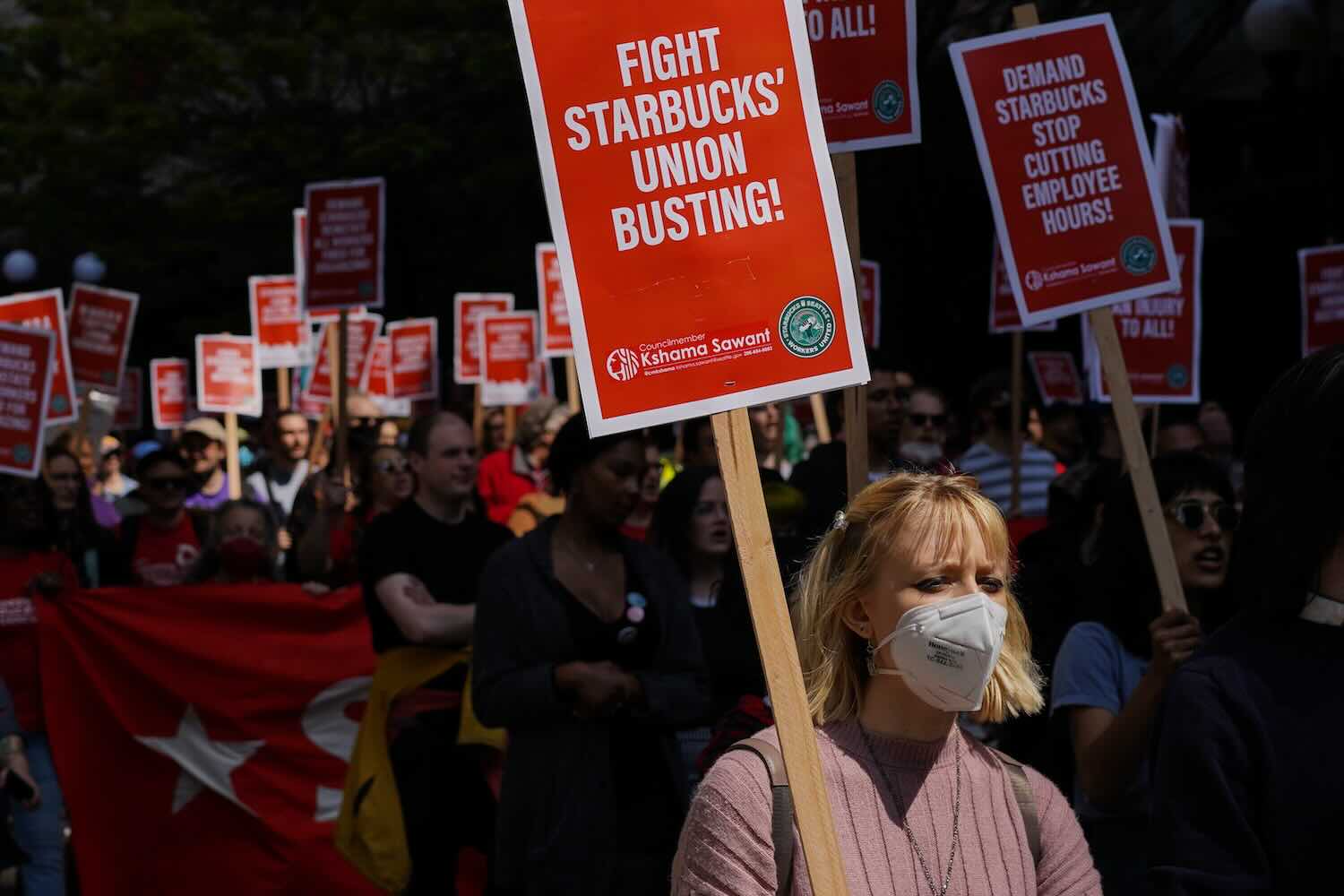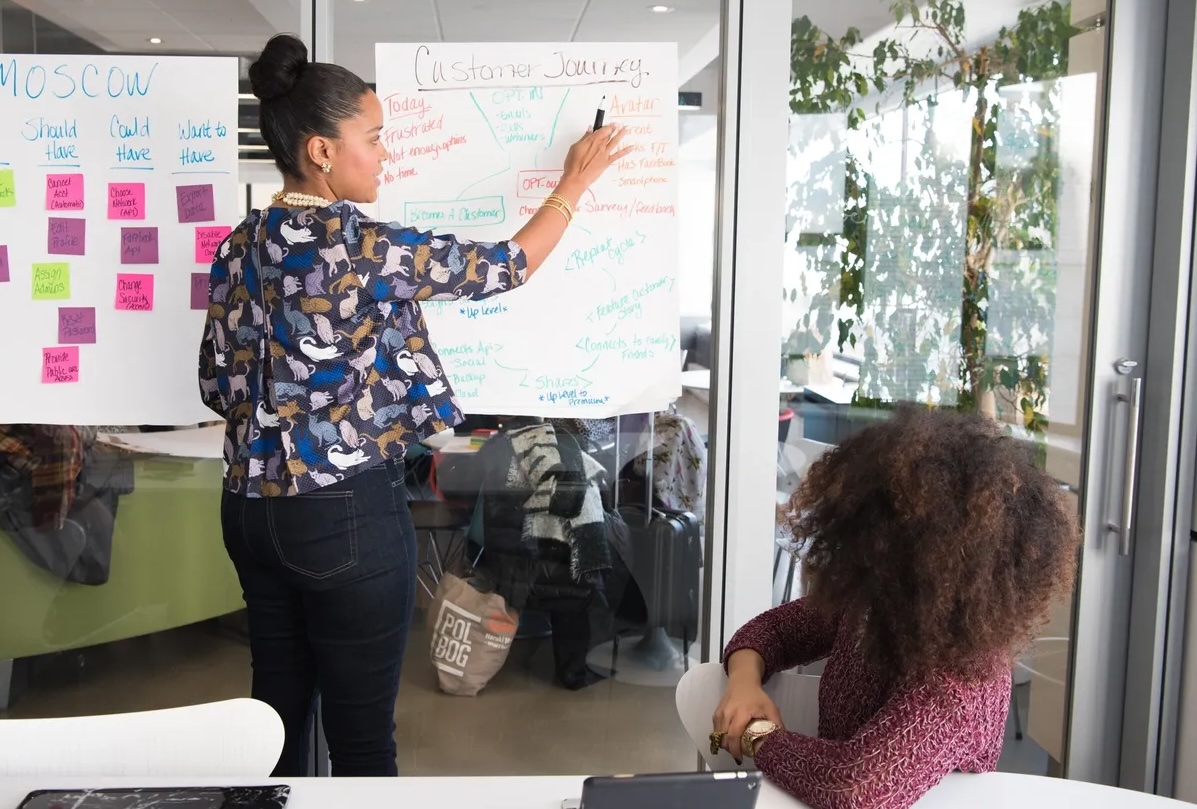Greetings, Agents of Impact!
Locavesting on ImpactAlpha. Local goes global. Journalist Amy Cortese, who literally wrote the book on “Locavesting,” has brought her local investing beat to ImpactAlpha. As Amy wrote to the Locavesting community yesterday, she joined up to marry “the grassroots perspective, energy and authenticity to the broader conversation around impact investing, just as capital is beginning to move toward more inclusive, community-driven change.” (She also said ImpactAlpha “turns out the smartest and most insightful coverage of impact investing anywhere.”) We’re delighted to welcome her, and the Locavesting community. Amy is already all over the local investing beat at ImpactAlpha, with stories such as BALLE’s makeover, Steward’s ‘crowdfarming,’ and Iroquois Valley’s direct public offering. Follow along (at ImpactAlpha.com > Themes > Locavesting) as ImpactAlpha deepens its coverage of community finance, place-based investing, Opportunity Zones and more.
Agents of Impact Call No. 11: Faith and investing. Faith-based impact investors are moving beyond “alignment” to “allocation.” Hop on Call No. 11 as we explore the strategies religious institutions are deploying to move capital into low-income communities, support climate resilience in emerging markets, and demand accountability in corporate boardrooms. Special Agents of Impacts John O’Shaughnessy of the Franciscan Sisters of Mary, Umar Moghul of law firm Roberts Moghul & Partners, and special guests from our “Faith and Investing” series, in partnership with the Global Impact Investing Network, will join ImpactAlpha’s David Bank and Jessica Pothering on Thurs. Oct. 31 at 10:00am PT / 1pm ET. RSVP today.
Featured: ImpactAlpha Original
Terra Silva has $90 million in ‘catalytic capital’ for carbon reduction in tropical forests. Forests are climate-negative technology at scale. So investments in tropical forests should be investment-ready, and fund managers able to tap the opportunity should be rolling in capital. But fund managers with an eye to conserving the world’s biggest carbon sink have had trouble getting traction. Terra Silva, a new $90 million fund of funds, will help eight to 10 investment fund managers prove that sustainable tropical forests are a profitable bet for commercial investors. The Packard and MacArthur foundations backed the fund in order to “build a new asset class where none currently exists,” Packard’s Susan Phinney Silver told ImpactAlpha. A third, undisclosed mission-driven private investor, is contributing equity capital and will manage the fund.
MacArthur, which committed $20 million to Terra Silva, made the investment as part of a $150 million allocation meant to jog private investment in underfunded impact sectors by corralling in matching capital. It follows a $30 million investment in Rockefeller’s Zero Gap portfolio of innovative financial structures designed to address the Sustainable Development Goals. (MacArthur plans to select five to six more “catalytic” investments, totaling $100 million, from among more than 100 proposals). Terra Silva will make anchor debt and equity investments in funds investing in forest conservation, sustainable forest management, and climate-smart forestry and agriculture. “We’ve done some rough math. With us as a lead investor, fund managers getting to $1 billion to $2 billion in follow-on rounds is a realistic goal,” Phinney Silver says. “That’s the level at which investors start looking at it more as an asset class.”
Keep reading, “Terra Silva has $90 million in ‘catalytic capital’ for carbon reduction in tropical forests,” by Jessica Pothering and David Bank on ImpactAlpha.
Dealflow: Follow the Money
Facebook, under scrutiny in Washington DC, pledges $1 billion for affordable housing in California. The social media giant became the third tech company this year to commit capital to affordable housing in West Coast cities (Microsoft pledged $500 million in Seattle; Alphabet’s Google committed $1 billion in San Francisco). Today, Facebook founder Mark Zuckerberg will testify before Congress about allegations that Facebook allowed third-party advertisers to exclude certain users from viewing housing ads, potentially violating the Fair Housing Act. (The company is on track to spend more than ever this year on federal government lobbying, according to Roll Call.) Facebook’s billion-dollar pledge, spread over 10 years, aims to create 20,000 new housing units. At least $150 million will go towards the Bay’s Future Fund, the affordable housing investment fund of the Partnership for the Bay’s Future. Chan Zuckerberg Initiative, the philanthropic vehicle of Zuckerberg and his wife, Priscilla Chan, committed $40 million to the partnership in January. More.
Indonesia’s BMT Bina issues “sharia compliant” bond on blockchain. Faith-based investing is not only on the rise, it’s on the cutting edge. Indonesian Islamic microfinance cooperative BMT Bina Ummah raised $50,000 (710 million rupiah) through a micro sukuk, or sharia-compliant bond, on a public blockchain on Blossom Finance’s “SmartSukuk” platform. Unlike traditional debt instruments, sukuks are tradeable like stocks. Proponents say linking such Islamic bonds to social impact could mobilize large pools of capital across the Muslim world for social and environmental benefit. Blockchain’s smart contracts let sukuks increase their efficiency and reach, says Blossom Finance. “The additional funds provided by this sukuk offers longer term stable funding and increases the overall amount of financing that we can offer our members,” said BMT Bina’s Arif Yuliyanto. Dig in.
Open Society Foundations, Omidyar Network back “anti-monopoly” fund. The $10 million fund from the Economic Security Project, co-chaired by Facebook co-founder Chris Hughes, will support grassroot groups, studies of mergers and market power, and policy advocacy to rein in behemoths in tech, agriculture, healthcare, finance and other industries (see, “New trustbusters aren’t waiting for government to democratize the economy”).
TitletownTech’s venture fund raises $25 million for Wisconsin innovation. The fund, co-founded by the Green Bay Packers and Microsoft, which each put in $5 million, tapped at least a dozen Wisconsin-based investors for investments in tech startups and existing businesses aligned with northeastern Wisconsin industries, including sports and media, digital health, agriculture and manufacturing and supply chain tech.
Impact of Agents: Stakeholders Report
Calvert Impact Capital’s loan portfolio grows 13% to $400 million. The investment firm’s borrowers created or retained more than half a million jobs; sixty percent of the 72 million clients served by its borrowers were women. 2019 Impact Report.
Nia Impact Capital tops $100 million in assets. The Nia Global Solutions Equity Portfolio, invested with a gender lens, has beat the S&P 500 year-to-date (+23.44% vs. +20.55%) and trailing three years (+14.64% vs. +13.39%). More.
Agents of Impact: Follow the Talent
Ryan Dings, ex- of Sunwealth, joins cleantech incubator Greentown Labs as executive vice president and general counsel… Project Drawdown is searching for an inaugural director of Drawdown Labs… Acumen is hiring an associate director for curriculum and learning design in New York or San Francisco… The Jewish Community Federation and Endowment Fund seeks an impact investing manager in San Francisco… Phenix Capital is looking for an events manager in Amsterdam… A Refugee Investment Network webinar on Oct. 29 will explore what it means to invest in refugee ventures.
Thank you for reading.
– Oct. 23, 2019











